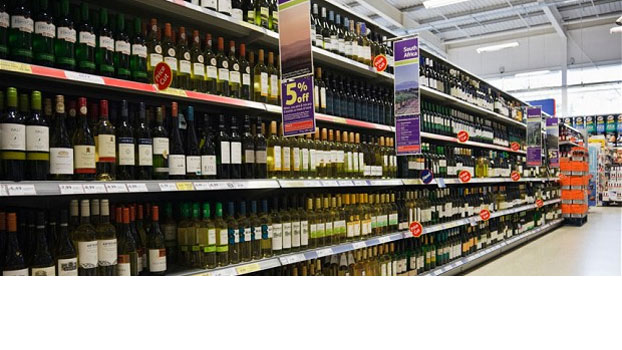Scotland's proposal to set a minimum price on wine, beer and spirits has been referred to the European Court of Justice, where a judgement could set a precedent across the EU.
Both supporters and opponents of minimum pricing claimed victory after Scotland’s Court of Sessions said today (30 April) said that it would refer the controversial policy to the European Union’s highest court.
In the short-term, the ruling means Scotland’s government will have to wait to implement its planned floor price of 50 pence per alcohol unit.
If enacted, the cheapest bottle of wine available would be around £4 in retailers. While that might not affect producers or consumers at the higher end of the market, many are oppposed to the principle of minimum pricing.
José Ramon Fernandez, secretary general of European wineries trade body, CEEV, welcomed the Scottish court’s decision.
‘We remain consistently opposed to minimum pricing as an ineffective and disproportionate measure, incompatible with our EU common rules, that would not tackle harmful use of alcohol and would penalise responsible consumers. We are confident that our position will be finally upheld through the Court process,’ he said.
The CEEV said that several cases on minimum pricing in other business sectors have previously been ruled illegal by European courts.
However, Scotland’s government believes minimum pricing is definitely legal, and also believes it has strong public health grounds for the policy.
‘The evidence shows that minimum unit pricing is an effective way to tackle alcohol-related harm,’ said Scotland’s health secretary, Alex Neil. ‘We are confident of our case.’
Written by Chris Mercer







